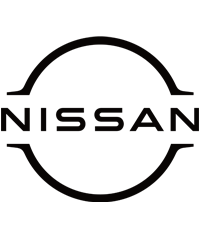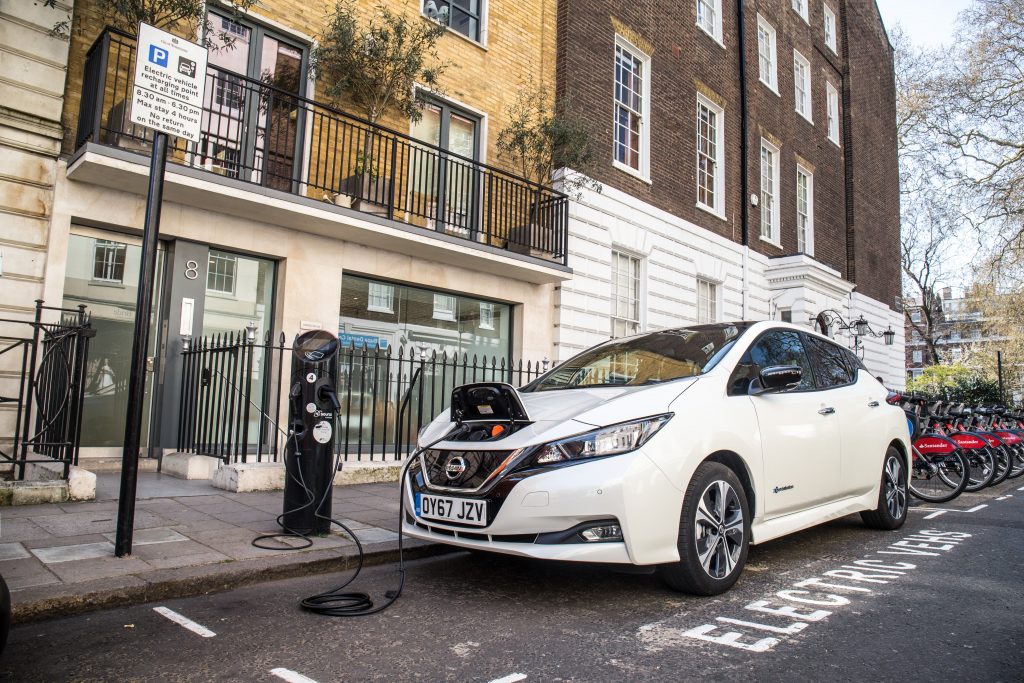Nissan and EDF Group have signed a cooperation agreement to accelerate the delivery of electric mobility together – particularly through the smart charging of electric vehicles. This agreement applies to the United Kingdom, France, Belgium and Italy.
The cooperation agreement focuses mainly on developing smart charging solutions (vehicle to grid, or V2G) by bringing together technologies developed and mastered by both companies. Smart charging refers to technologies that optimise the charging or discharging of an electric vehicle in an efficient and cost-effective manner.
As part of the cooperation agreement, Nissan is responsible for the sale of V2G compatible electric vehicles, and EDF Group in charge of V2G charging solutions and related services.
- Fundamental to Nissan’s Intelligent Mobility vision is the integration of electric vehicles into society, with V2G technology offering significant benefits to electricity grids and providing new financial opportunities to businesses. As increasing numbers of drivers and businesses make the switch to 100% electric vehicles, Nissan achieved record sales for both the Nissan LEAF and e-NV200 van in Europe last year.
- EDF Group is committed to promote clean mobility for everyone, in particular by developping “smart charging” solutions with tangible benefits to customers. These fully integrated solutions include the management of the battery’s charge and discharge as well as flexibility services to the grid available through storage. They are carried by Izivia, a wholly-owned subsidiary of the EDF Group specialising in charging infrastructure, and Dreev, the newly launched EDF-NUVVE joint venture, specialising in V2G commercial solutions.
Today’s agreement follows a previous partnership in the UK between EDF Energy and Nissan. Signed last year, the two organisations agreed to collaborate around the development of shared offerings in the areas of electric mobility, smart charging, second-life battery use, energy storage and renewable energy sources.
Yannick Duport, EDF Group Electric Mobility Director, says: “The cooperation agreement is fully in line with the Electric Mobility Plan launched last October. We are convinced that the development of electric mobility will be supported by partnerships. I am very pleased to count among them the cooperation agreement that Nissan and EDF have just signed to develop smart charging solutions. So, EDF is building an ecosystem of innovative players by forming strategic partnerships for the large-scale roll-out of the best technologies to support our customers.”
Béatrice Bigois, Managing Director – Customers at EDF Energy said: “Our customers are looking to us to help them transition to electric vehicles, and smart charging technologies are crucial to this journey. By combining our expertise with Nissan, we are able to work together to make low-carbon transport a reality for businesses today and for wider society in the near future. Our ability to offer our customers solutions that will help them to invest in electric vehicles and start to realise the financial and environmental benefits they bring is achievable through partnerships such as this.”
Francisco Carranza, Managing Director for Nissan Energy in Europe, said: “This new partnership with EDF across four major European markets is another sign that our vision of an electric ecosystem is becoming a reality. Businesses are becoming increasingly aware of the benefits and opportunities offered by the Nissan LEAF and e-NV200, and adding a V2G solution is a logical next step for managing their energy supply and opening new revenue opportunities.”
What is smart charging?
Smart charging solutions include technologies to control when vehicles charge and how quickly they power up, as well as allow the two-way flow of electricity between vehicle and charger. Thanks to V2G technologies, the energy accumulated in the batteries of electric vehicles can also be used for businesses own energy needs or the grid when required – a benefit that will become increasingly important as greater numbers of electric vehicles arrive on our roads and to help balance intermittent renewable generation.
The energy that is stored in a electric vehicle like the Nissan Leaf and e-NV200 van can be sold back to the grid by the customer, generating additional revenue to offset vehicle ownership costs. The financial, environmental and societal benefits of V2G have made it a highly anticipated innovation in the market, but one which has not fully progressed to this point. Today’s new collaboration between EDF Group and Nissan marks a huge step towards realising this electric future, creating a practical solution that benefits businesses and wider society alike.




